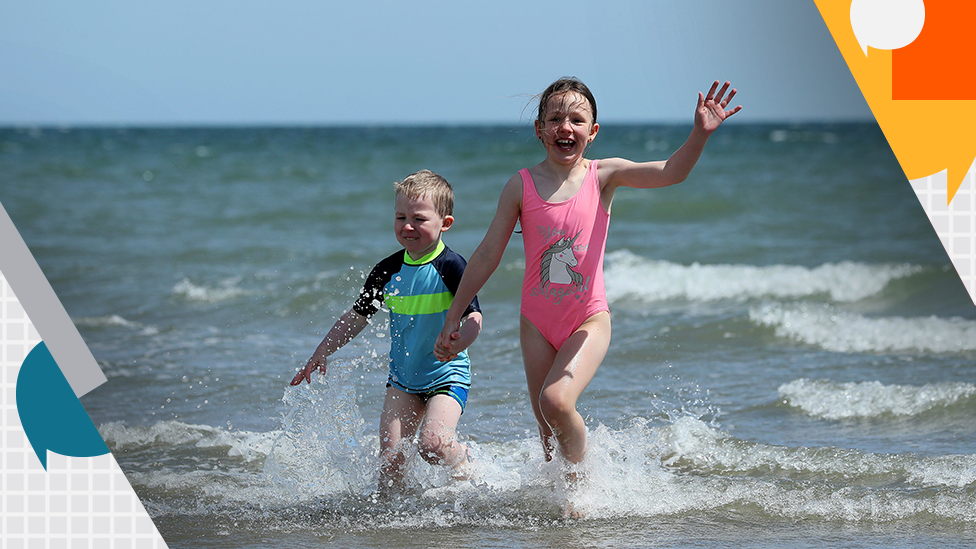Coronavirus in Scotland: Your questions answered on shielding
- Published
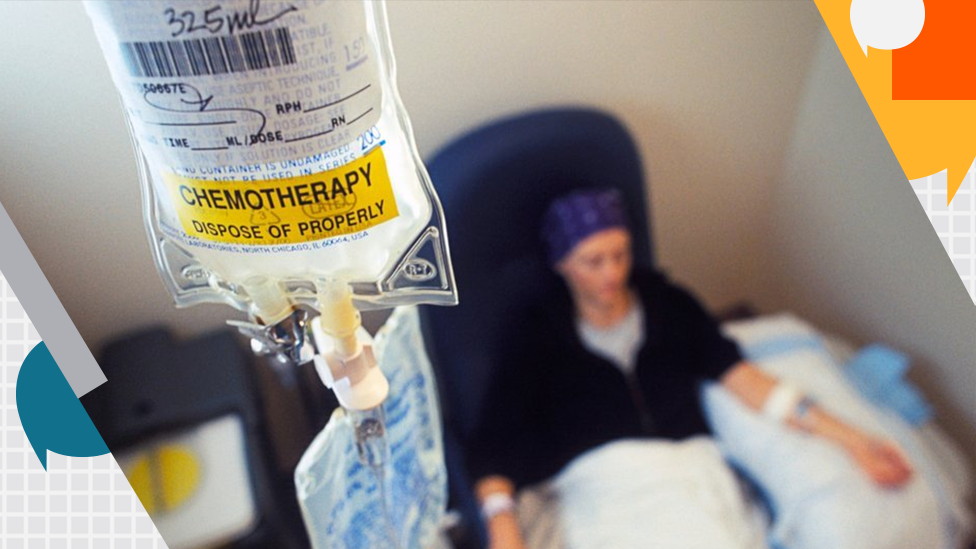
First Minister Nicola Sturgeon has announced updated guidance for people who are "shielding" because they are most at risk if they become infected with coronavirus.
About 180,000 people in Scotland are shielding and have been told to stay at inside at home since lockdown began at the end of March.
As part of the phase two arrangement for easing lockdown, Ms Sturgeon had already indicated that from 18 June anyone who was shielding, unless they live in a nursing or residential care home, would be able to go outdoors for exercise.
The first minister added that she had decided to make additional changes which would allow shielding people to take part in non-contact outdoor activities - such as golf - from Friday 19 June.
She also said that people who are shielding can meet outdoors with people from one other household - but in groups of no more than eight.
Ms Sturgeon said shielding people should continue to be "extremely cautious".
She said they should stay at least two metres away from other people at all times and must not go inside someone else's house, or allow someone from another household to go inside their home, even to use the toilet.
Ms Sturgeon also advised shielding people to go outside at times and in areas that are quiet.
Further guidance before 31 July, when the current shielding period is due to end.
Can people shielding go out for a walk?
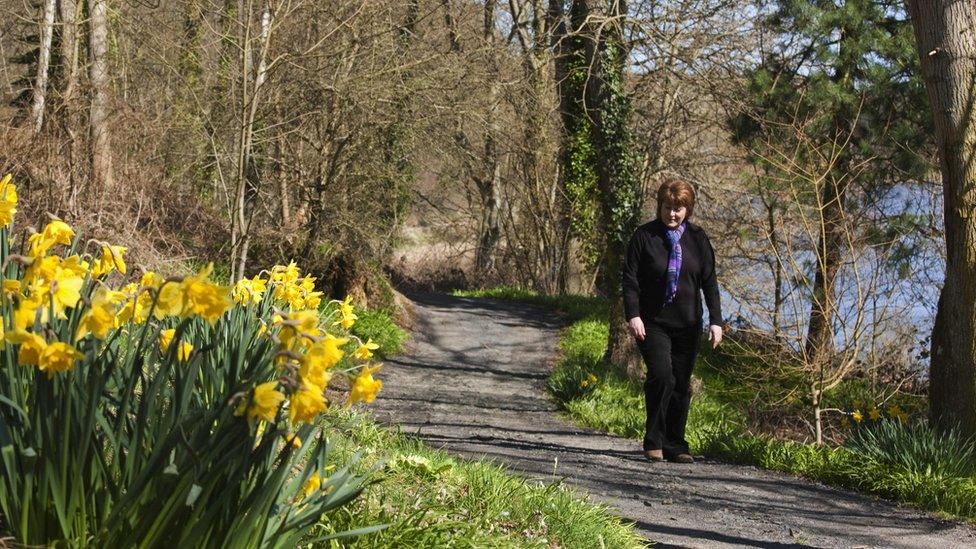
Yes. From 18 June, those who are shielding are able to leave home to exercise. Until now, the advice has been to stay at home and not go outside at all.
There will be no limit on how often you can go out, or for how long.
You should stay 2m (6ft) away from other people.
It's also advised that you try to go out when it's quiet.
The advice has changed because the prevalence of the virus has decreased in the community. The Scottish government say the risk of outdoor infection is very low - as long as you stay 2m away from others.
I'm shielding and anxious about the future - I can't work from home (I'm hairdresser). What's the long-term answer for us? Danny Dowie, Edinburgh.
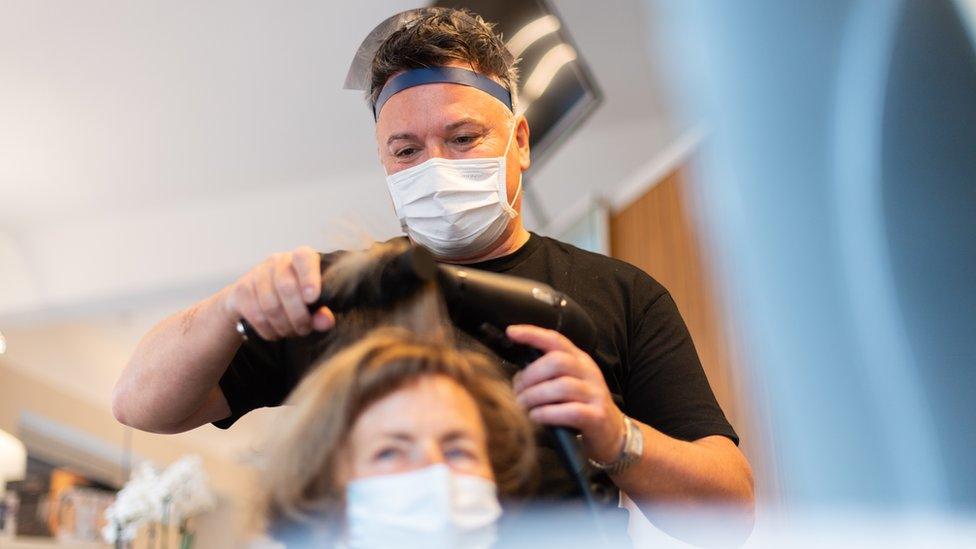
At the moment, there is little detail about what the long term answer is. Shielding has now been extended until 31 July.
The Scottish government say they are working on a plan which will be unveiled over the summer. It will involve letting people who are shielding understand what the risk is to them as individuals, so some of those who are shielding may be able to do a bit more than they can just now.
Is it OK for someone who has been shielding to visit another person? Is it OK if they are shielding too? In a garden and 2 metres apart. Ian Alexander, East Kilbride.
Yes. From 19 June people in the shielding group can meet with one other household in a group of up to eight people outside.
They should stay 2 metres apart from other people.
What will happen to children of parents who are in the shielding group when schools in Scotland re-open? Lisa Kidd, Balfron

The current advice is that children who are shielding should not go to school.
However, children who live in a household where someone is shielding can go to school - as long as strict social distancing measures are followed while they are there.
Before these children go to school, an individual risk assessment should be conducted.
I am shielding having had a kidney transplant. Will the furlough scheme be extended in line with shielding? Jane, Edinburgh
If you cannot work from home and are unable to go to work because you are shielding in line with public health guidance (or need to stay home with someone who is shielding) you can be furloughed, external.
At the moment, shielding has been extended until 31 July. The furlough scheme has already been extended past this, and is currently scheduled to run until October.


Use the form below to send us your questions and we could be in touch.
In some cases your question will be published, displaying your name, age and location as you provide it, unless you state otherwise. Your contact details will never be published. Please ensure you have read the terms and conditions.
If you are reading this page on the BBC News app, you will need to visit the mobile version of the BBC website to submit your question on this topic.
- Published13 July 2021
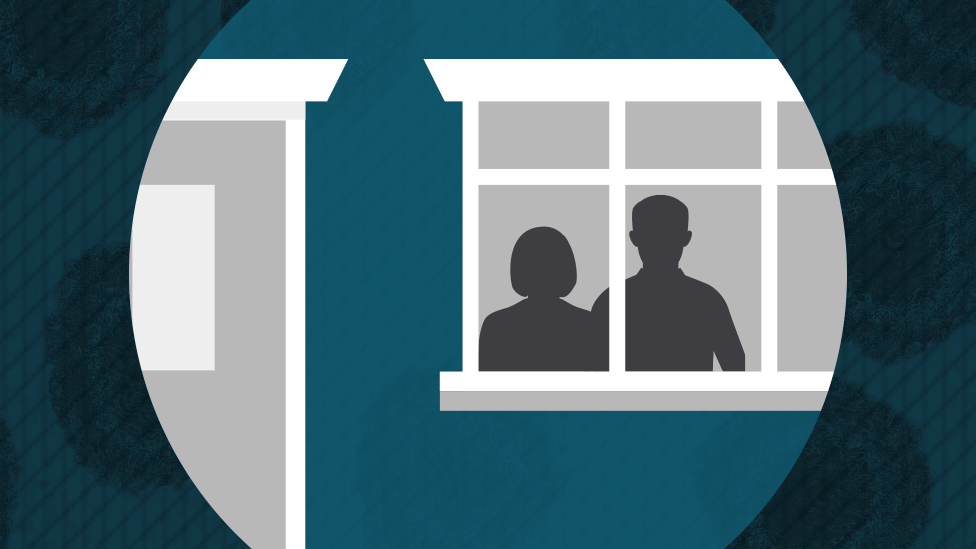
- Published29 May 2020
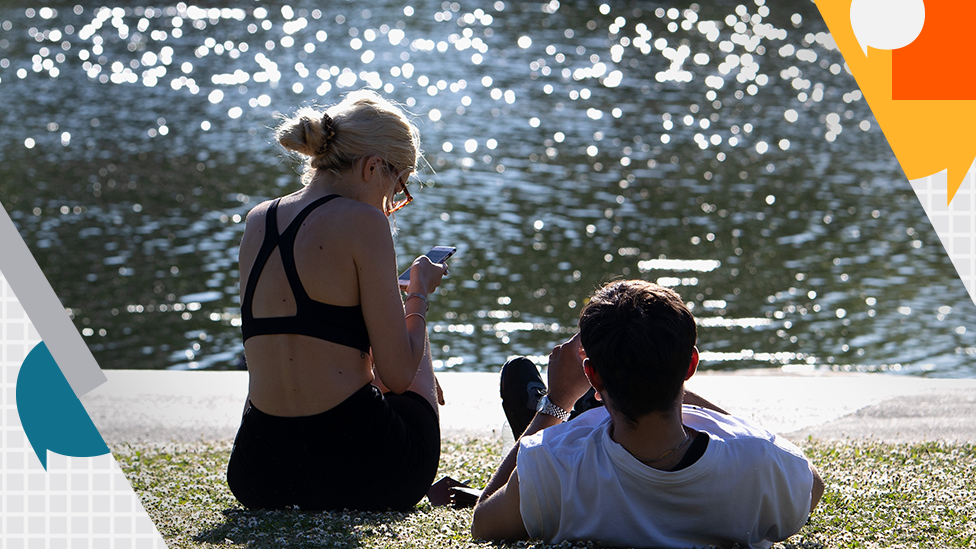
- Published8 June 2020
